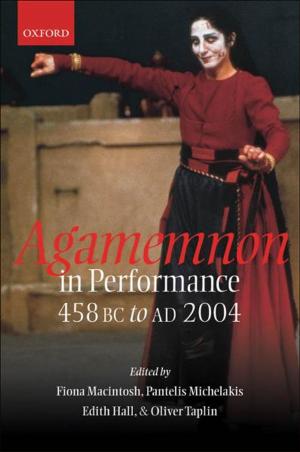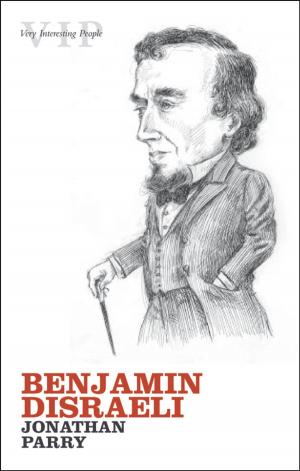The Intellectual Struggle for Florence
Humanists and the Beginnings of the Medici Regime, 1420-1440
Nonfiction, History, Renaissance, Social & Cultural Studies, Social Science| Author: | Arthur Field | ISBN: | 9780192508614 |
| Publisher: | OUP Oxford | Publication: | July 21, 2017 |
| Imprint: | OUP Oxford | Language: | English |
| Author: | Arthur Field |
| ISBN: | 9780192508614 |
| Publisher: | OUP Oxford |
| Publication: | July 21, 2017 |
| Imprint: | OUP Oxford |
| Language: | English |
The Intellectual Struggle for Florence is an analysis of the ideology that developed in Florence with the rise of the Medici, during the early fifteenth century, the period long recognized as the most formative of the early Renaissance. Instead of simply describing early Renaissance ideas, this volume attempts to relate these ideas to specific social and political conflicts of the fifteenth century, and specifically to the development of the Medici regime. It first shows how the Medici party came to be viewed as fundamentally different from their opponents, the 'oligarchs', then explores the intellectual world of these oligarchs (the 'traditional culture'). As political conflicts sharpened, some humanists (Leonardo Bruni and Francesco Filelfo) with close ties to oligarchy still attempted to enrich traditional culture with classical learning, while others, such as Niccolò Niccoli and Poggio Bracciolini, rejected tradition outright and created a new ideology for the Medici party. What is striking is the extent to which Niccoli and Poggio were able to turn a Latin or classical culture into a 'popular culture', and how the culture of the vernacular remained traditional and oligarchic.
The Intellectual Struggle for Florence is an analysis of the ideology that developed in Florence with the rise of the Medici, during the early fifteenth century, the period long recognized as the most formative of the early Renaissance. Instead of simply describing early Renaissance ideas, this volume attempts to relate these ideas to specific social and political conflicts of the fifteenth century, and specifically to the development of the Medici regime. It first shows how the Medici party came to be viewed as fundamentally different from their opponents, the 'oligarchs', then explores the intellectual world of these oligarchs (the 'traditional culture'). As political conflicts sharpened, some humanists (Leonardo Bruni and Francesco Filelfo) with close ties to oligarchy still attempted to enrich traditional culture with classical learning, while others, such as Niccolò Niccoli and Poggio Bracciolini, rejected tradition outright and created a new ideology for the Medici party. What is striking is the extent to which Niccoli and Poggio were able to turn a Latin or classical culture into a 'popular culture', and how the culture of the vernacular remained traditional and oligarchic.















